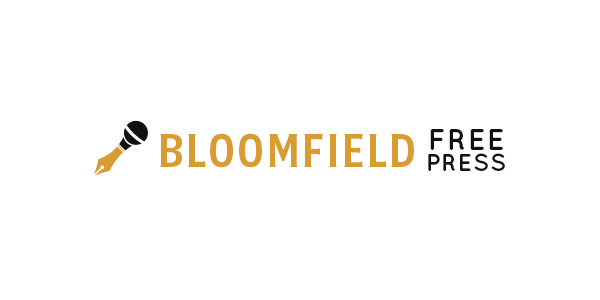Many students only learn basic health facts, like how to put a condom on a banana or that the mitochondria is the powerhouse of the cell. But when it comes to making real-life health decisions, this scarce knowledge just doesn’t cut it. Shockingly, only 12 percent of American adults have proficient health literacy skills. This gap becomes especially clear in college, where young adults face new independence and make crucial health choices on their own. During my first year of college, where young adults are truly independent for the first time, I witnessed widespread alcohol and drug use, heard about sexually transmitted infections, and knew many friends on birth control pills without fully understanding the side effects. Now, as a medical student, I’m able to guide my family and friends, but not everyone has someone in their circle to turn to for this kind of advice. To address this, it’s time we empower the youth with comprehensive health education to make healthy decisions in the future.
Health literacy is not just about basic facts; it’s about understanding health information to make good choices about your health. Addressing health literacy early on in the high school curriculum would empower young adults with the skills to understand how to prevent disease, manage their disease, and understand public health recommendations. Research shows that about 41 percent of changes in health-promoting behaviors are linked to health literacy. This highlights a crucial point: the more people understand about health, the better decisions they will make. That principle will persist throughout their lives, resulting in overall better health outcomes for the general population. With nearly every student completing high school, we have a golden opportunity to reach young people while they’re still forming lifelong habits.
Today, the data suggests that most students have an “inadequate” or “minimally adequate” level of health literacy. This is particularly concerning given that young adults tend to have psychological vulnerability and often engage in risky behaviors and poor lifestyle choices. By adding health literacy to school curriculums, we can help teens and young adults make healthier choices when it comes to things like alcohol, drugs, sex, and diet.
The association between poor health literacy and poor health outcomes also contributes to racial and socioeconomic disparity. However, marginalized students who achieve a strong level of health literacy can minimize this disadvantage. Additionally, they have the opportunity to become leading health advocates in their communities, driving even more positive change in public health.
High school students already have a few weeks of physiology of the human body in their curriculum, including a broad overview of pregnancy. But critical topics like mental health, sexual education, and vaccines are often brushed aside. We’re not telling kids what to think; we’re giving them the information they need to make informed decisions. Of course, there is a disparity in education, but education policymakers should be persuaded to include a standard health course as part of the basic science requirement in high school. Standardization ensures that all students, regardless of background, have access to vital health literacy skills.
While National Health Education Standards exist, they are not federally mandated, leaving the responsibility of students’ health knowledge to subjective forces. There is a plethora of evidence-based tools and interventions already available that outline standards for health education to assist in planning curricula for each school district. The CDC’s Health Education Curriculum Analysis Tool (HECAT) can even identify specific health concerns of local schools to tailor the curriculum. The resources already exist—we just need to implement them. By prioritizing comprehensive health education in schools, we are prioritizing the public’s health and empowering the next generation with the knowledge and skills they need to lead healthier, more informed lives.
Sonia Patel is a medical student.

